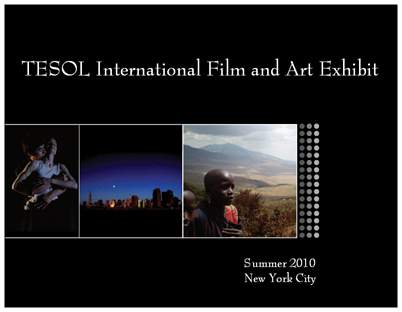Why should the female teacher hide herself? Just because she is a woman, she has no right to appear in public? I don’t know the purpose of education these students are getting. They can’t respect a woman, and I don’t know what kind of stuff they are learning at this "Islamic University."
Another aspect of this burqa controversy is growing Islamic fundamentalism in sections of Indian society previously thought to be liberal. I came across a very interesting blog post, two years old but very relevant, on this issue.
Nita at A Wide Angle View of India says that:
"I found several bits of information on this subject on the net, and one was a few years old. It says that the study was conducted by the University of Calicut, and the survey “that the number of Muslim women who were purdah in the five districts of the Malabar region increased from 3.5 per cent in 1990 to 32.5 per cent in 2000.” Another article is about five months old and it confirmed this trend. It quotes a survey which says that the percentage of burqa-clad women has increased from 10 to 30 percent in the recent past in Kerala. This in spite of the fact that Muslim clerics themselves are not unanimous on the practice of Muslim women covering the whole body."
Kerala is India’s most literate state, and women form a large section of the student and working populations.
So this trend is definetely worth noting. Even in educated, liberal societies, women are "choosing" the burqa. I am saying "choosing" because there is no way to say for sure that it is indeed their choice.
Why this shift toward traditionalism and religious fundamentalism?
India is a global economic and diplomatic powerhouse now. With a growing Western presence and influence in India, some parts of the society are feeling as if their values and traditions are under attack.
I think that is the reason why students there feel that only a burqa-wearing teacher can represent their values.
Sad to see that instead of embracing multicultural ideas and learning from different cultures, these students are choosing to retreat. This also raises questions about the kind of education they are getting in this university. It is telling that other professors have not come forward to support this female teacher who refuses to wear a burqa.
- Follow us on Twitter: @inthefray
- Comment on stories or like us on Facebook
- Subscribe to our free email newsletter
- Send us your writing, photography, or artwork
- Republish our Creative Commons-licensed content





